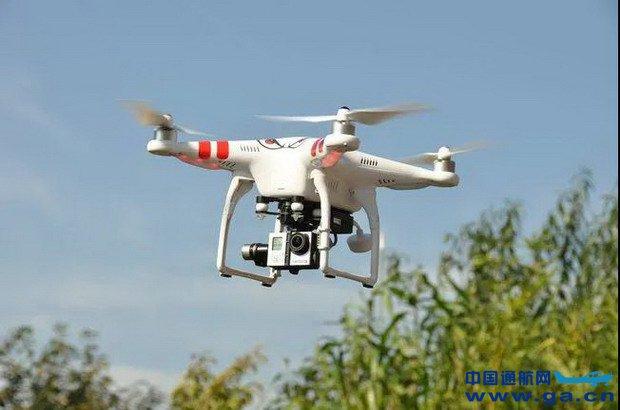With the rapid integration of drone technology in various industries, there has been a surge in demand for skilled drone pilots. The field of unmanned aerial vehicles (UAVs) has expanded far beyond its original scope, opening a multitude of job opportunities for drone pilots across different sectors.
Emerging Industries for Drone Pilots
Traditionally associated with military applications, drones are now pivotal in sectors such as agriculture, real estate, filmmaking, and emergency services. For instance, the agricultural industry leverages drones for precision farming, enhancing crop monitoring and disease management. Real estate companies are utilizing aerial footage to showcase expansive properties, offering potential buyers a unique perspective that was previously hard to achieve.
Media and Entertainment
The media and entertainment industry is a burgeoning field for drone pilots. Directors and producers look for talented individuals to capture dynamic aerial shots that bring a cinematic dimension to movies and advertisements. The demand for drone pilots in this sector has grown as they can offer impressive visuals without the logistical challenges and expenses of traditional methods.
The Expanding Role in Public Safety
Drones are revolutionizing public safety services. They are deployed for search and rescue operations, fire surveillance, and crowd monitoring for large events. Skilled pilots are crucial due to the precision required during critical missions, making this an exciting pathway for those considering drone piloting as a vocation.
Drone Pilots in Infrastructure and Surveying
The infrastructure sector has also adopted drones for surveying and inspection tasks, reducing the risks associated with manual inspections and providing more accurate data for analytics. Drone pilots in this field are invaluable, leveraging technology to enhance sustainability in public infrastructure projects.
Educational and Training Requirements
Becoming a proficient drone pilot requires certifications and continuous learning, as technology and regulations evolve. Prospective pilots should pursue training programs that offer comprehensive insights into drone technology, flight operations, and understanding of airspace regulations.
Pioneering Uses in Environmental Science
Drones play an essential role in environmental monitoring, assisting researchers in studying wildlife habitats, tracking climate change, and managing conservation efforts. These applications demand skilled pilots who can navigate diverse terrains and weather conditions while adhering to strict regulatory guidelines.
FAQs
What are the basic qualifications needed to become a drone pilot?
Aspirants typically need a remote pilot certificate from the FAA, which involves passing an aeronautical knowledge test. Additionally, specialized industries may require further training or certifications.
Is there a future in drone piloting?
Absolutely, with continued advancements in drone technology, the scope for professional drone pilots will likely expand, presenting numerous opportunities across various sectors.

How do drones impact industries?
Drones offer cost-effective solutions for complex tasks such as inspection, monitoring, and data collection, enabling efficiency and innovative practices within industries.